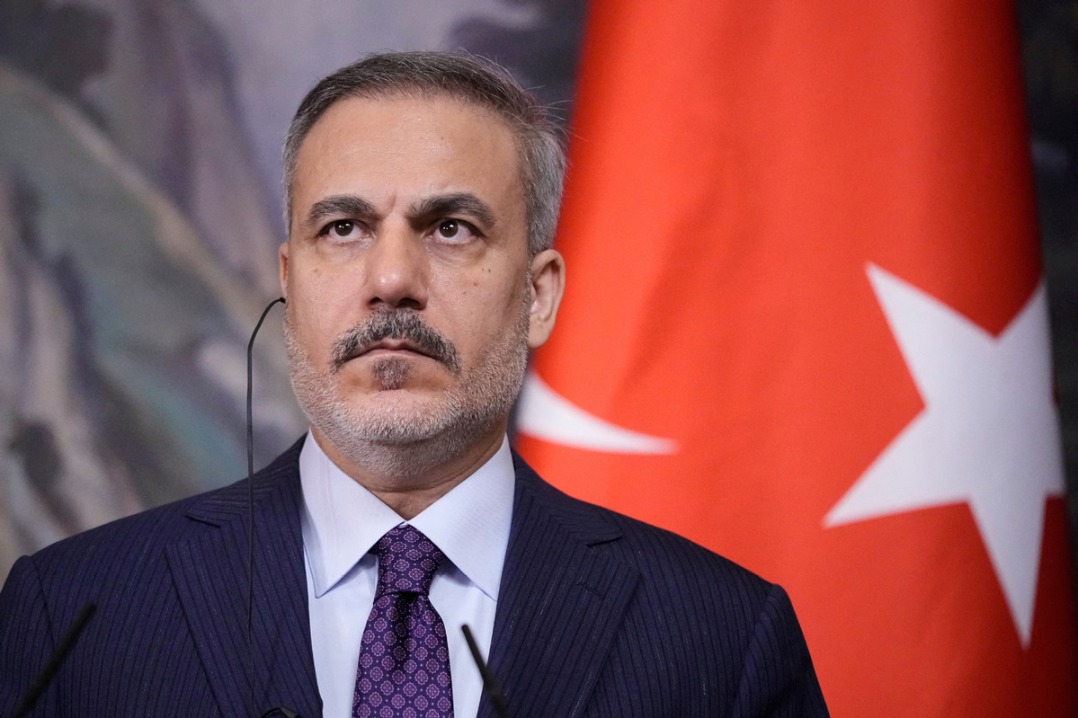Trump Announces Israel-Iran Ceasefire Agreement

A "complete and total ceasefire" has been announced between Israel and Iran by US President Donald Trump on Truth Social. This significant declaration came mere hours after Tehran launched a missile strike on the American al Udeid base in Qatar, which itself was a retaliatory action following the US dropping "bunker buster bombs" on three key Iranian nuclear sites over the weekend. While there were no reported casualties from the Iranian strike in Qatar, the US confirmed it had been warned about the attack by Iran.
According to Trump's announcement, the ceasefire would be implemented in stages: Iran would initiate the ceasefire, followed by Israel twelve hours later, leading to an "Official END to THE 12 DAY WAR" after a total of twenty-four hours. A senior Iranian official reportedly confirmed to Reuters that Tehran had agreed to the ceasefire, a resolution said to have been mediated by Qatar. Israel, for its part, agreed to the truce on the condition that Iran would not launch any further attacks. Key US officials, including Vice President JD Vance, Secretary of State Marco Rubio, and US special envoy Steve Witkoff, were involved in direct and indirect communications with Iranian officials to facilitate the agreement.
In the aftermath of the US strikes, Vice President JD Vance claimed on Fox News that Iran was no longer capable of building nuclear weapons, asserting that their equipment had been destroyed. Trump himself characterized Iran's missile response as a "very weak response," one that the US "expected" and "very effectively countered." Despite these assurances, the stability and long-term implications of the ceasefire remain subjects of considerable discussion.
The announcement of the ceasefire had immediate and noticeable impacts on global markets. Oil prices tumbled significantly, with global benchmark Brent crude falling almost 5% towards $68 a barrel, and US crude futures dropping to $66.24 per barrel, the lowest since June 11. An SBI report projected crude oil prices to stabilize around $65 per barrel, alleviating concerns about potential spikes to $130-$140 in a worst-case scenario. Gold prices also dipped to a near two-week low, as the reduction in geopolitical tensions diminished demand for the metal as a safe haven. Conversely, risk assets rallied, with Asian shares surging and the dollar weakening against major currencies like the yen and euro, which benefited from the slide in oil prices due to their reliance on imports.
However, significant questions still loom over the agreement. The precise terms of the ceasefire, whether the US and Iran will resume nuclear talks, and the fate of Iran's enriched uranium stockpile remain unclear. Although Trump proclaimed the ceasefire "now in effect," reports from Israel indicated detected missile launches from Iran towards Israel in the early hours of Tuesday, resulting in four fatalities in Beersheba. This highlighted the fragile nature of the truce and the ongoing challenges in ending what had become an active air war between the two adversaries.
Adding to the complexity, just an hour before Trump's ceasefire announcement, Iran's Supreme Leader Ayatollah Ali Khamenei posted a defiant message, stating that "Iran isn’t a nation that surrenders," which some interpreted as a symbolic rejection of being pressured into de-escalation. Despite Trump's framing of the ceasefire as a triumph of his "peace through strength" foreign policy, reflecting a calculated gamble to intervene militarily while avoiding a protracted war, the long-term success hinges on both sides' commitment and addressing the deeply entrenched issues, particularly regarding Iran's nuclear and ballistic missile programs. The "12 Day War" underscored the volatile nature of Middle Eastern geopolitics and the delicate balance required for sustained peace.










